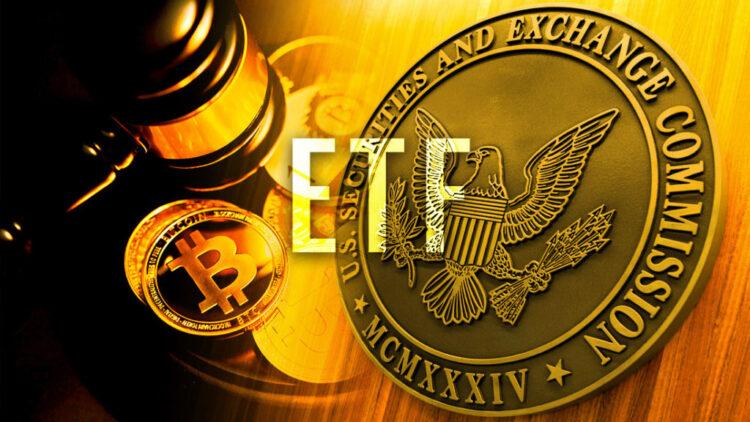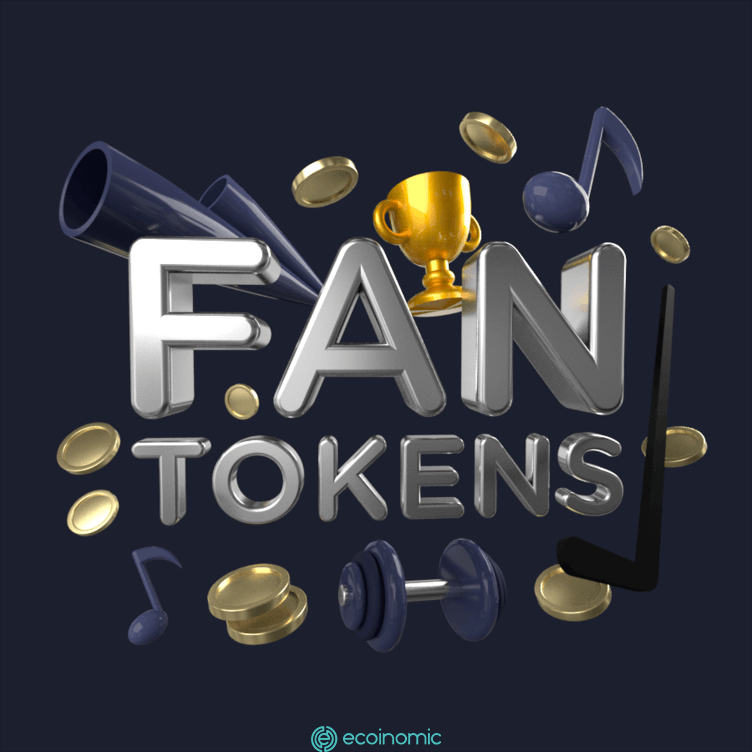Advertisement
Launched in 2008, Bitcoin was initially well received by only a small community, and 10,000 at the time was the equivalent of just one pizza.
But with the success of so many businesses and projects on cryptocurrencies, in addition to the introduction of decentralized financial platforms, digital currencies are increasingly recognized and have a place in the portfolio of investment assets.
But to become a major asset in the global macroeconomic environment, Bitcoin still faces many obstacles. One of the optimal solutions is to establish strict regulations that give traditional institutions and investors access to the cryptocurrency market. According to many experts, to do that, the best way is through an ETF.
What is a Bitcoin ETF?
An ETF is simply a portfolio swap fund, or in other words, an investment fund that tracks the price of a underlying asset. In addition to the cryptocurrency sector, many industries and many different asset classes still have active ETFs. For example, gold ETFs have existed for decades to track gold prices. Similarly, the Bitcoin ETF will keep a close eye on the price of Bitcoin.
A financial product ETF is subject to the supervision of regulators. This fund has both the characteristics of an investment fund and the characteristics of a regular stock. Therefore, ETFs will list on traditional markets such as NASDAQ or NYSE stock exchanges instead of cryptocurrency exchanges. However, in the future, this may change as the line between traditional and decentralized finance becomes increasingly blurred.
Why does Bitcoin need an ETF?
In fact, Bitcoin is not the easiest asset to trade. For example, the issue of custody can bring some serious problems for large organizations. For example, after all the transactions, Goldman Sachs didn’t simply plug the hardware wallet (storage device) into the laptop and transfer 2 billion Bitcoins to it. The way large financial institutions operate is a lot more complex than individual investors. To enter the market, they are forced to establish complex systems and regulatory frameworks.
This is why ETFs take a lot of time to be approved to expand the base for potential investors. Through ETFs, traders in traditional financial markets when exposed to Bitcoin can be more assured of the limitations of owning the currency.
In addition to Bitcoin, some Bitcoin ETFs may also hold other assets such as Ethereum, Tesla stock, gold, etc. This helps investors diversify some benefits.
Overview of the process of bitcoin ETF
Referring to bitcoin ETFs, people often refer to funds in the U.S. market. In fact, in addition to the U.S. market, ETFs exist and operate in many different markets. Purpose Bitcoin ETF – The world’s first Bitcoin ETF launched in 2021 on the Canadian stock exchange is a striking demonstration.
Even so, whether the U.S. regulator will approve a Bitcoin ETF remains a major concern. In October 2021, the SEC (U.S. Securities and Exchange Commission) approved the filing for the Listing of the ProShares Bitcoin Strategy ETF (BITO) on the New York Stock Exchange (NYSE).

Previously, most applications were rejected due to the volatility and difficulty of controlling the Bitcoin market and the apparent impact of Bitcoin in manipulating the market. It is possible that these problems have actually taken place to some extent, however this is something that many financial markets with other ETFs are also difficult to avoid.
Much of the financial system requires Bitcoin to become a legitimate macro asset formed in the final stages of the bear market. A few years ago, if MicroStrategy wanted to, it would have been difficult to buy billions of Bitcoins. For now, however, Bitcoin’s infrastructure and liquidity are available for transactions and deals of the same size.
The continued growth and growth of the Bitcoin mayor has impacted regulators, paving the way for the Bitcoin ETF to be born in the United States and the results as we have seen.
Bitcoin Futures Fund Futures ETF Future
Not all Bitcoin ETFs are secured and proved using the Bitcoin Physical ETF (the amount of BTC in the wallet). Other Bitcoin ETFs, such as BITO, store their underlying assets as BTC futures contracts .
The SEC maintains its support for future ETFs tied to the Chicago Mercantile Exchange’s (CME) Bitcoin Futures Contract, a regulated method of financial security. The Bitcoin FUTURES ETF (Bitcoin Futures ETF) uses the CME’s Bitcoin Reference Rate (BRR), rather than the Spot price. This means that the Bitcoin Physical ETF and bitcoin futures ETF (Bitcoin Futures ETF) have the only difference in where their price comes from.
Should I invest in a Bitcoin ETF?
If you are an individual investor and only preserve your assets from the issue of Inflation of Fiat currency (the currency issued by the government), then you may consider buying Bitcoin.
For many people, Bitcoin can have many different meanings, but overall, the currency offers financial democracy. In addition, there are many ways to profit from owning Bitcoin such as mining yields or lending in Bitcoin.
As analyzed above, Bitcoin ETFs have certain advantages when it comes to investing. Therefore, if you have researched and have knowledge of the Bitcoin market, it is also possible to consider ETFs as a good option.
See also: Crypto’s Uses And Misuses: Quarrel Between Reuters And Binance
Conclusion
The purpose of the Bitcoin ETF is to help investors in traditional financial markets access Bitcoin in a more methodical and regulated way and help minimize anxiety about the difficulties of owning the digital currency. This helps Bitcoin and cryptocurrencies to be recognized and asserted as a conventional investment asset class in the market. ETFs in the United States have been officially adopted, the cryptocurrency industry has added great growth, adding to the potential in the future.
READ MORE: SEC approves Teucrium’s Bitcoin Future ETF filing
















